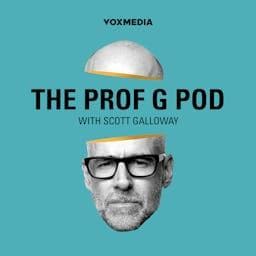What Just Happened headed to CES 2026 in Las Vegas. and Christine Russo sat down live on-site with Nathalie Gaveau, Chief Client Officer at Publicis Sapient, to talk about what it really means to move from AI curiosity to AI deployment.
Publicis Sapient sits in a unique position in the market, operating at the intersection of strategy, engineering, data, and design, and moving with a speed that is often missing in large enterprise organizations. Gaveau points to the firm’s DNA as an innovator, from helping create the earliest airline seat booking systems to building some of the first large scale ecommerce platforms. That legacy shows up today in how quickly the company moves from idea to execution, combining deep technical capability with a founder mindset that prioritizes outcomes, not theory.
Russo and Gaveau dig into why CES has become a proving ground for enterprise AI and why strategy has to lead before technology. Gaveau explains that AI is no longer about experimentation or side projects. It is about scaling, driving real ROI, and making sure people actually use the tools being deployed. Without engagement, AI does not learn and does not deliver value.
The conversation centers on data as the foundation for everything. Gaveau is direct about the reality that many large companies are still not AI ready because of fragmented, legacy data systems. She shares how Publicis Sapient approaches this with a founder mindset, prioritizing use cases that deliver near term impact while building toward long term transformation.
Russo and Gaveau also explore the rise of non human customers and what it means when AI agents, not people, are making buying decisions. From agentic experience to the shift from SEO to GEO, they discuss how brands need to rethink discovery, storytelling, loyalty, and perception in a world where agents are shopping on behalf of humans.
The episode closes with reflections on CES themes like companion AI, robotics, and health tech, and why ease of use, speed, and trust determine what actually scales.

















